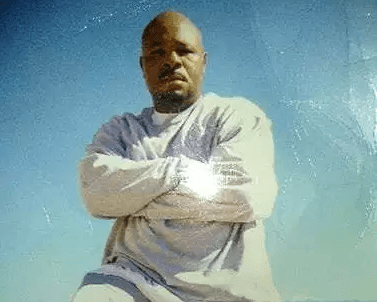The Salt Lake City police officer who shot and killed Patrick Harmon, 50, during a stop for biking without a light faces no charges, despite bodycam footage released this week that shows him firing three times while Harmon was running away.
Harmon was riding his bike when police pulled him over for not having a rear light. The officers claimed Harmon threatened to cut them with a knife, but the footage released this week shows Harmon attempting to flee when officer Clinton Fox shouted "I'll fucking shoot you!" and fired.
Evidence from cities all over the country -- in Minneapolis, in Tampa, in Chicago, in New York -- shows that black Americans are stopped for these types of minor infractions while biking or walking at much higher rates than white Americans. The disparity of course extends to driving violations -- the common thread is that police often stop people of color as a pretext to conduct intrusive searches.
With alarming frequency, these police stops escalate into violence. Police took Patrick Harmon's life even though he posed no threat to them. "They just murdered him flat out," Harmon's niece Alisha Shaw told the Guardian. "They are lying. There is no way they were threatened by anything."
The fallout from police brutality is far-reaching, and the effects include how people decide to get around. Research by Rutgers researcher Charles Brown has illustrated how the threat of racial profiling and police brutality prevent black people from cycling.
The racial disparities in police stops and unabated police killings highlight the need for both reforms to policing in general and to traffic enforcement in particular. A traffic safety strategy that relies on enforcement by a racially biased police force is not going to make people safer. Knowing the anti-black bias of local police, advocates like Oboi Reed of Slow Roll Chicago are calling for the removal of police enforcement from Vision Zero initiatives.






